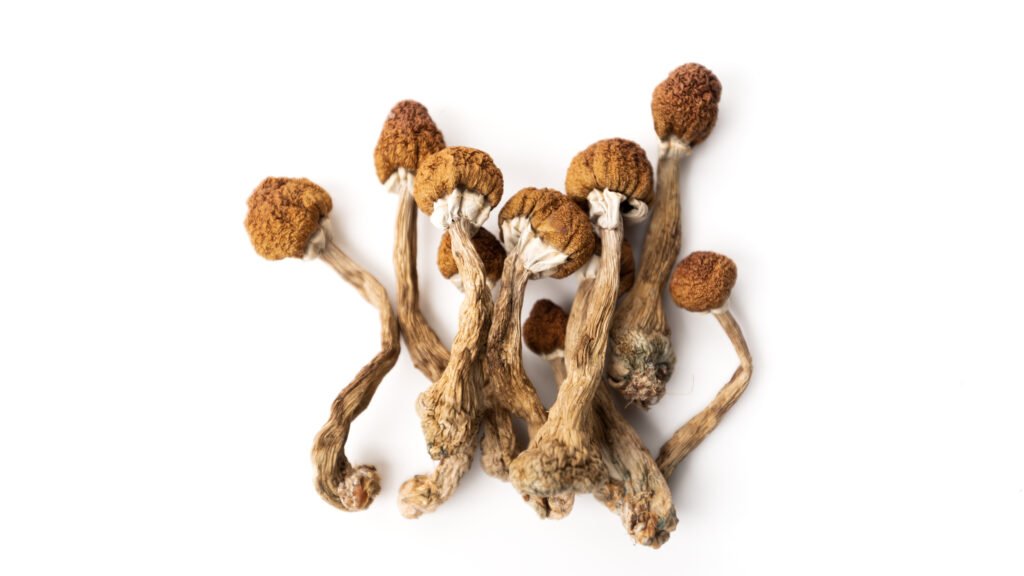Eight months after Robert F. Kennedy Jr. declared that the Food and Drug Administration’s “aggressive suppression of psychedelics” was about to end, there is a renewed sense of optimism among advocates and investors in the field. With Kennedy now serving as the secretary of health and human services, alongside other influential players in the Trump administration who support the use of psychedelics for mental health treatment, the landscape is shifting.
Calley Means, a White House adviser, has emphasized the importance of psychedelics as a public policy priority for the United States, while his sister Casey Means, the president’s surgeon general pick, has spoken highly of psilocybin therapy as a transformative experience. FDA Commissioner Marty Makary has also expressed optimism about the potential of mind-altering substances in aiding veterans.
These statements have reignited hopes in the psychedelic community, especially after a setback last year when the FDA rejected an application to use MDMA in treating post-traumatic stress disorder. The support from key figures in the Trump administration has provided a much-needed boost to companies and advocates in the field.
The growing interest in psychedelics as a mental health treatment is a significant development, offering a potential alternative to traditional pharmaceuticals. With influential voices advocating for their use and a shifting regulatory landscape, the future of psychedelics as a mainstream treatment option looks promising.


